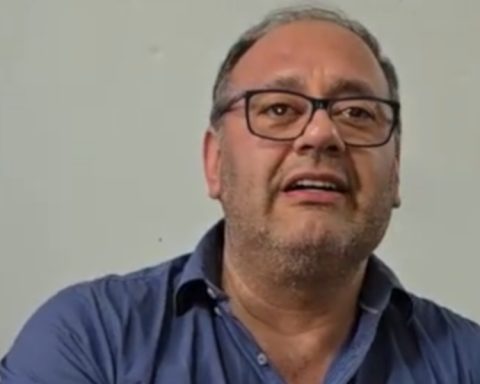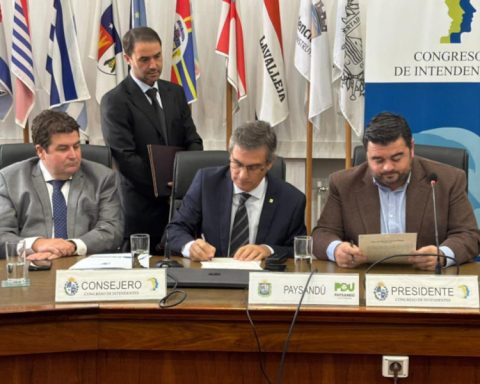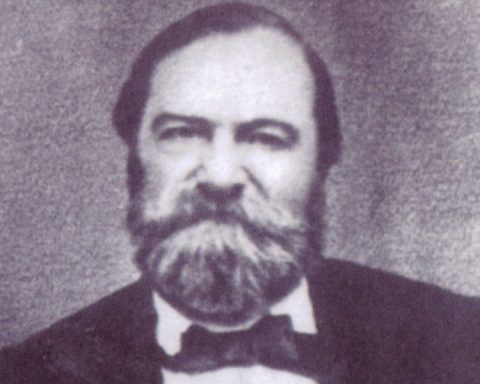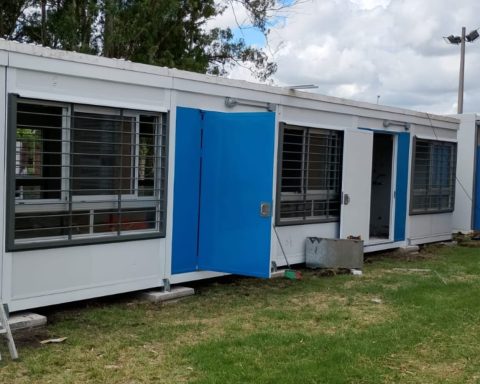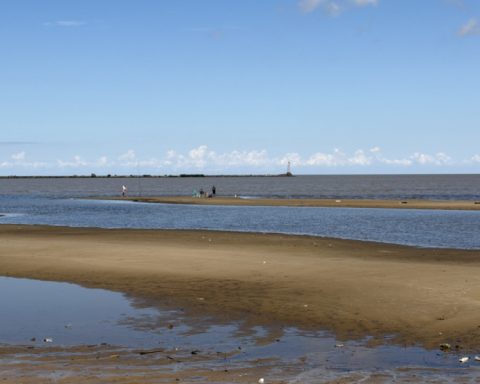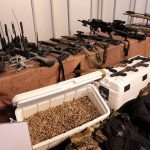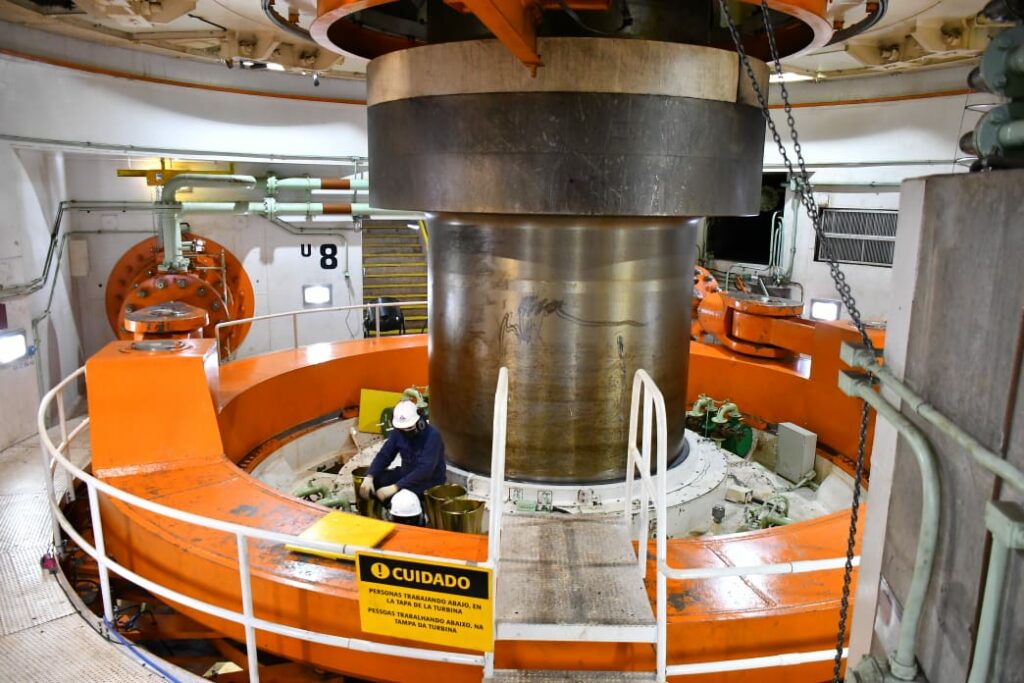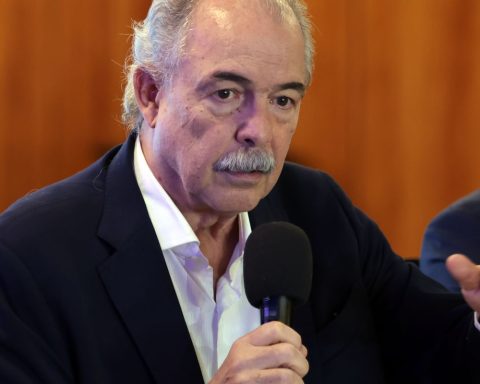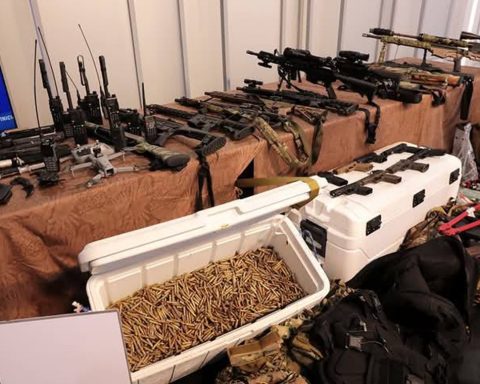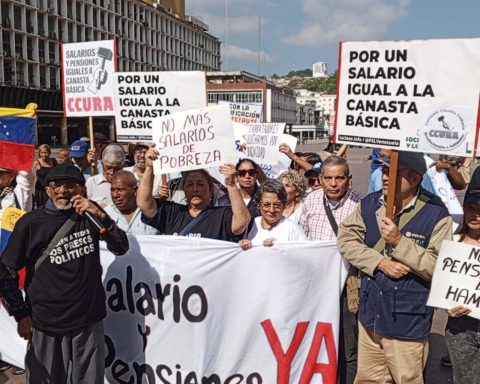The Minister of Health, Karina Randoassured that nephrology clinics for patients who must undergo dialysis “they have perfect quality water”after the decision of increase sodium and chloride levels in water of the faucet to maintain the supply in the face of the drought that the country is suffering.
“The nephrology clinics that do dialysis already have this issue resolved,” The minister said at a press conference. So far these centers are managed with “own water sources” and filters.
In addition, Rando indicated that if there are “clinics with difficulty” the water that is administered to it is “delivered” or “treated”.
This Friday the Ministry of Health (MSP) recommended people with hypertension that drink bottled water before the increase of sodium and chlorides in the water.
In this regard, Rando did not rule out a possible reinforcement in medical care with an increase in consultations for hypertension. “Every healthcare provider will evaluate if it is enough or if they have to reinforce it (the service) in this period that the water is going to have a little more salt,” explained the minister.
The hierarch recalled that Uruguay is facing a “exceptional situation” whose “original causes” do not “concern the MSP or OSE”indicated by the measures before the drought.
He stressed that the government seeks to apply the “contingency measures that are less harmful” for the population before a “dynamic” scenario that they evaluate “day by day”.
This Monday MSP authorities They will meet with different professors, specialists in cardiovascular and renal issues, to generate a series of recommendations on water consumption, after another meeting with the OSE authorities.
“We want to be fully supported by science and professionals”affirmed the minister, who explained that the different recommendations and the consumption “limits” of the water in its current state “they will come out” of the “council of experts” that these specialists will form.
According to Rando, “The population can expect the recommendations of the most qualified people in the country to make them.”
